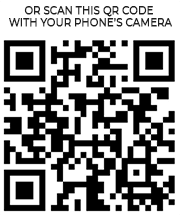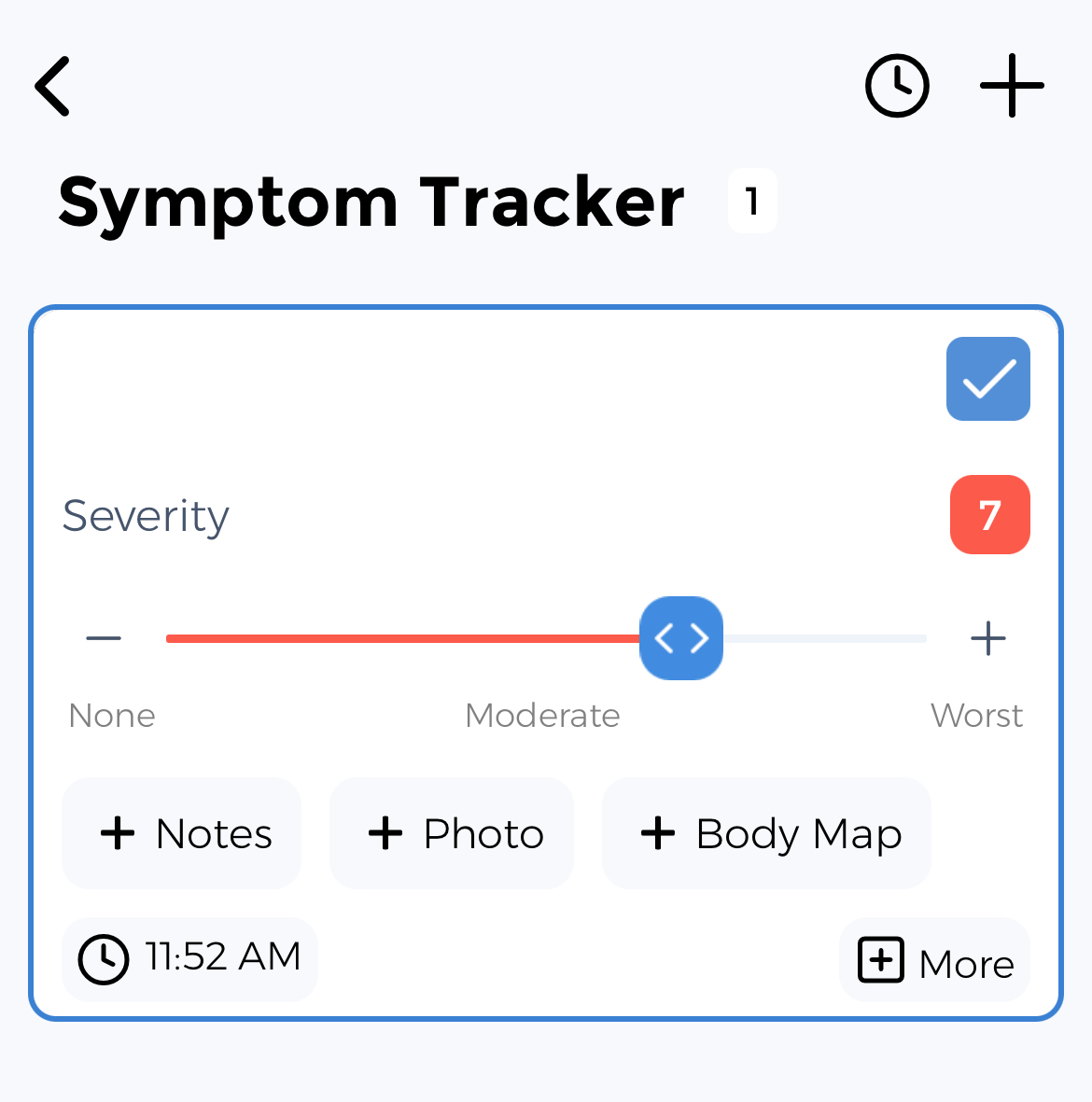Gastroesophageal Reflux Disease Symptom Tracker: Your Health Assistant
Living with Gastroesophageal Reflux Disease means dealing with heartburn, regurgitation, acid taste in mouth, and more. But here's the truth: Data is your most powerful tool. Every logged symptom reveals patterns—so you can take informed action.
Gastroesophageal reflux disease (GERD) occurs when stomach acid frequently flows back into the esophagus, causing irritation and inflammation of the esophageal lining. This chronic condition can lead to complications if untreated. Tracking symptoms, triggers, and treatment effectiveness helps manage this common digestive disorder.
Key Gastroesophageal Reflux Disease Symptoms You Should Track
Struggling with symptoms like these? Tracking them reveals patterns, triggers, and how they impact your daily life.
Heartburn
Regurgitation
Acid taste in mouth
Chest pain
Difficulty swallowing
Feeling of lump in throat
Chronic cough
Hoarseness
Sore throat
Asthma symptoms
Disrupted sleep
Dental erosion
Track Your Gastroesophageal Reflux Disease Treatments
Tracking how these common treatments affect your symptoms can help you and your healthcare provider optimize your care plan:
Our tracker helps you monitor when you take medications and how they affect your symptoms over time.
Standardized Gastroesophageal Reflux Disease Assessments
Complete these evidence-based assessments in the App to measure your severity and monitor your progress:
⚡ Knowledge Is Your Superpower
The difference between feeling overwhelmed by Gastroesophageal Reflux Disease and feeling in control starts with data. When you track your symptoms, you transform uncertainty into clarity. Every data point brings you closer to understanding your unique patterns.
It's free to try for anyone—whether you're managing your own condition, supporting a child, helping an aging parent, or assisting a partner. Our tracker adapts to your specific role in the health journey.
How the CareClinic Gastroesophageal Reflux Disease Symptom Tracker Adapts to Your Needs
Adults
Caregivers
Parents of Children
Young Adults
Your Complete Gastroesophageal Reflux Disease Management Toolkit
Uncover Patterns & Insights
Map your Gastroesophageal Reflux Disease symptoms like a detective solving a case.
Understand Your Medication's Impact
Turn guesswork into strategy. See how treatments affect your well-being with clear health insights.
Objectively Measure Your Progress
Use clinically validated tools to objectively measure your progress.
Other Tools You May Like...
Plus 6 more specialized tracking tools available
Access All Tracking ToolsAlso Supports Other Conditions Like
Hiatal Hernia Tracker
Hiatal Hernia warriors use our tracker to monitor heartburn, acid reflux (regurgitation of food or liquid into the mouth).
Barrett's Esophagus Tracker
Barrett's Esophagus warriors use our tracker to monitor heartburn, regurgitation.
Esophagitis Tracker
Esophagitis warriors use our tracker to monitor painful swallowing, difficulty swallowing.
Asthma Tracker
Asthma warriors use our tracker to monitor wheezing, shortness of breath.
Success Stories from Our Community
"This tracker doesn't just collect data - it provides insights. I figured out that I learned my body has warning signs before major heartburn episodes, which helped me make better daily decisions."
"My doctor was impressed by the correlation I found between my Gastroesophageal Reflux Disease and Barrett's Esophagus. This holistic approach has been game-changing for my overall health."
Take Control of Your Gastroesophageal Reflux Disease Journey
Transform from feeling like a passive patient to becoming an informed self-advocate. Join thousands who've discovered new insights about their condition.
Designed by people who understand the daily challenges of managing chronic conditions, we're here to support you and your ❤️ ones.
Download Your Gastroesophageal Reflux Disease Tracker NowYour Data is Protected
Private & Secure
HIPAA Compliant
GDPR Compliant
Never Sell Data
Your data is yours: You get full control over who can view your information. CareClinic keeps all your data secure and encrypted.
References based on studies by:

